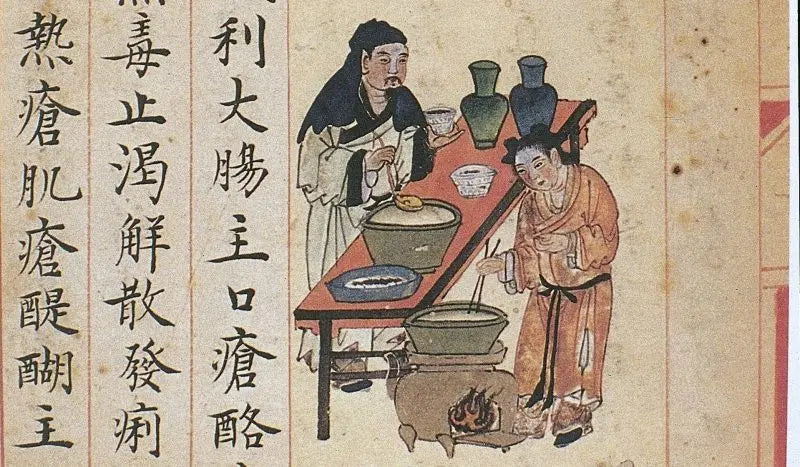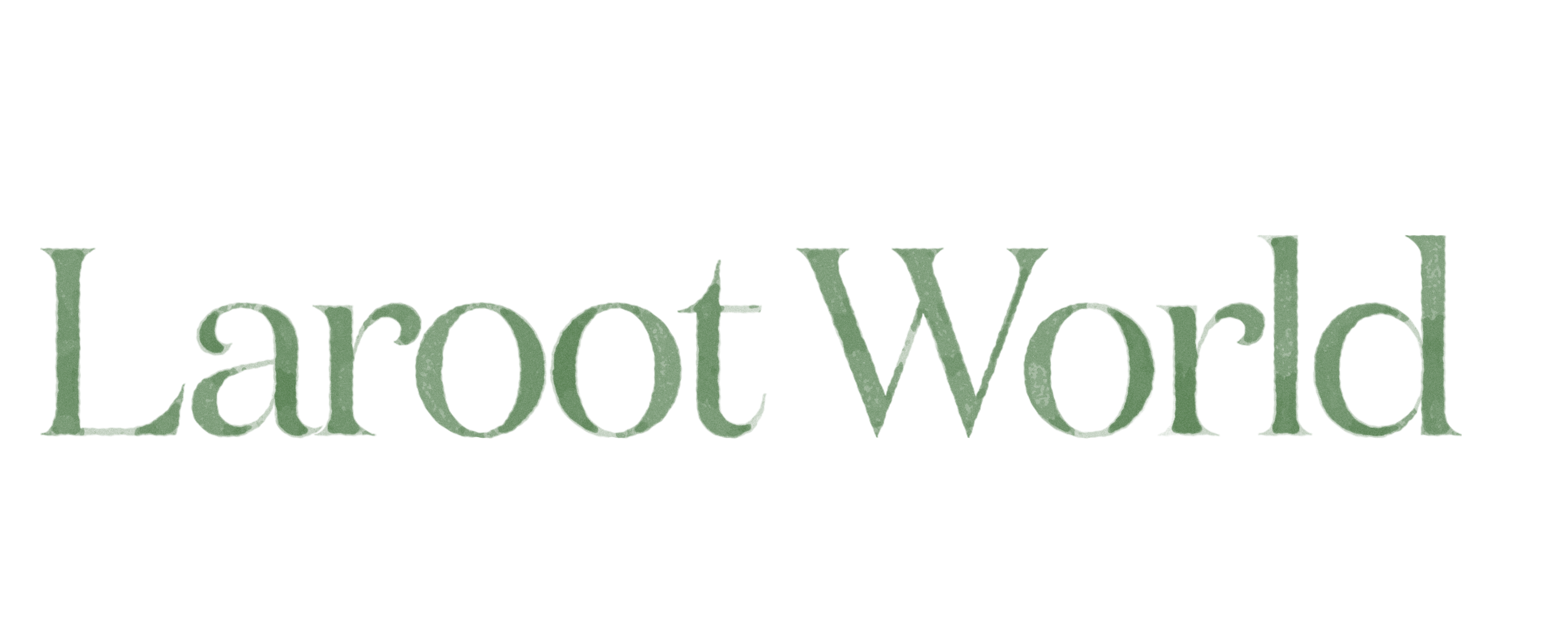Ultimate Balance: The Guiding Nutritional Principles of Traditional Chinese Medicine

Traditional Chinese Medicine, in its most basic sense, posits that a vital energy, called qi, must flow freely throughout the body in order to prevent disease. An imbalance or obstruction of qi—and, by extension, illness—is thought to be indicative of asymmetry between one’s yin and yang, the two opposing yet interconnected forces that make up the qi. TCM treatments seek to restore its flow, which occurs through energy pathways known as meridians, through targeted treatments that harmonize the individual’s internal organs with the five natural elements of wood, fire, earth, metal, and water, from which all phenomena derive.

To help bring someone’s qi into ultimate balance, a Traditional Chinese Medicine practitioner may recommend, in addition to the modalities mentioned in the first paragraph, acupressure, moxibustion,tui na massage, meditation, qigong exercises, or, perhaps most important of all, a nutritional consultation. In TCM, foods are categorized into five natures, or siqi—cold, cool, neutral, warm, and hot—which refer not to foods’ temperatures, but to the unique effects they exert on the mind, body, and spirit. (“Warm” ginger and chilies raise body temperature, for example, whereas “cool” leafy greens and cheese lower it.) TCM also identifies five distinct food tastes, or wuwei—sour, bitter, sweet, spicy, and salty—each of which send nutrients to specific organ systems. It is paramount, then, that one’s diet maintains an equilibrium of these temperatures and tastes.
Laroot’s holistic approach to meal planning comprises the millennia of nutritional wisdom held by Traditional Chinese Medicine. Our TCM advisor, Naria Diaz Chi, a diplomate in acupuncture and Chinese herbal medicine who is accredited by the National Commission on Certification for Acupuncture and Oriental Medicine (NCCAOM), guides our founder and culinary director in developing recipes that contain health-enhancing balances of flavors, colors, temperatures, and seasonal produce. Of our Ukrainian borscht, for instance, Naria says that red beetroot nourishes the blood and calms the heart, while bone broth strengthens the stomach and tendons. And of our TCM Soup—a mushroom-laden ode to ancient Chinese nutrition—she says that scallions detoxify, lily bulbs aid in lung health, and yams improve digestion.

Stay tuned to Laroot’s dish descriptions and social media as we gradually reveal Naria’s complete nutritional analyses of our ancestral recipes. Whether you’re interested in trying Traditional Chinese Medicine or not, we encourage you, going forward, to at least consider its tenet of striking a consistent alimentary balance of local food sources—a tenet shared, to varying degrees, by virtually all other healing sciences.

